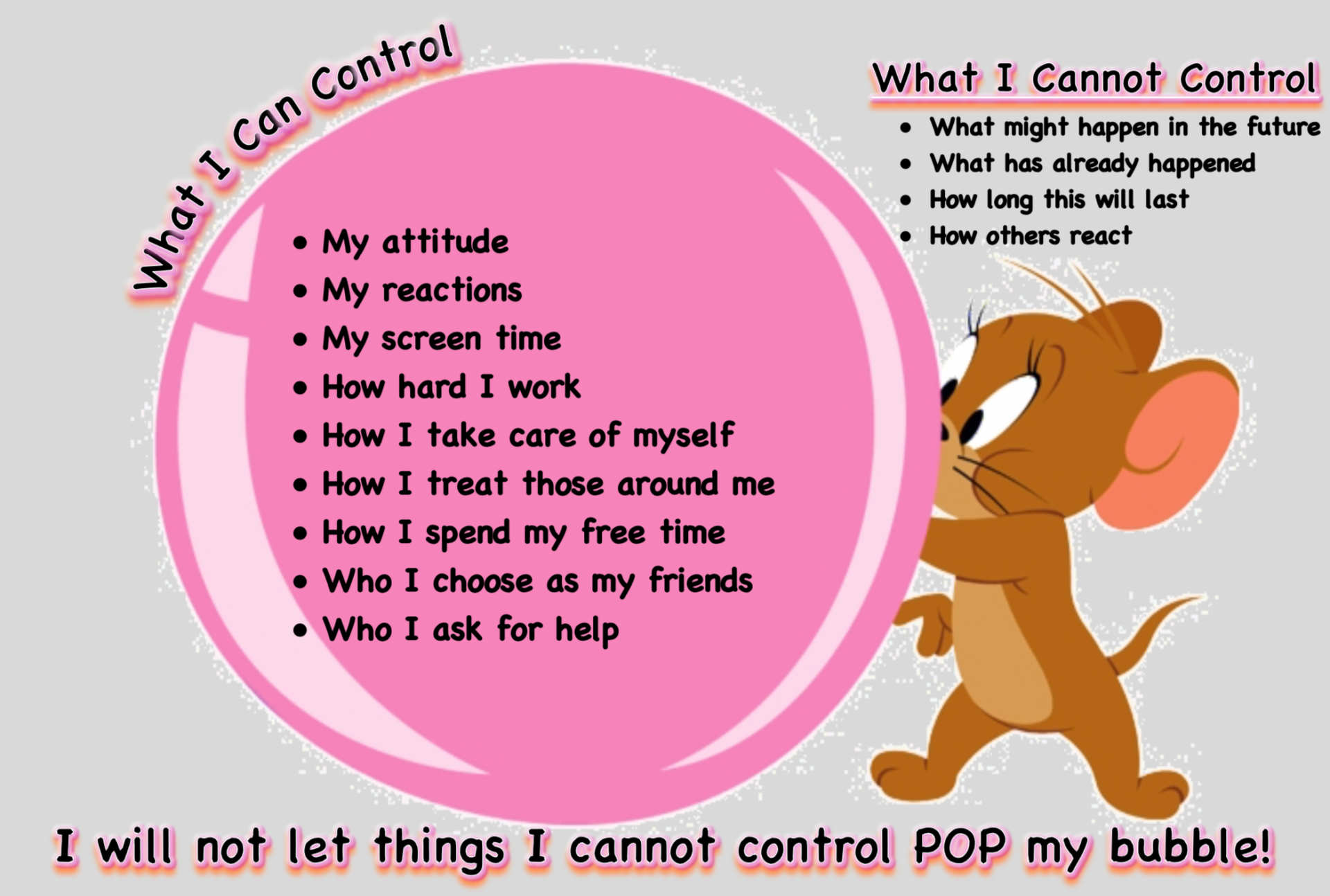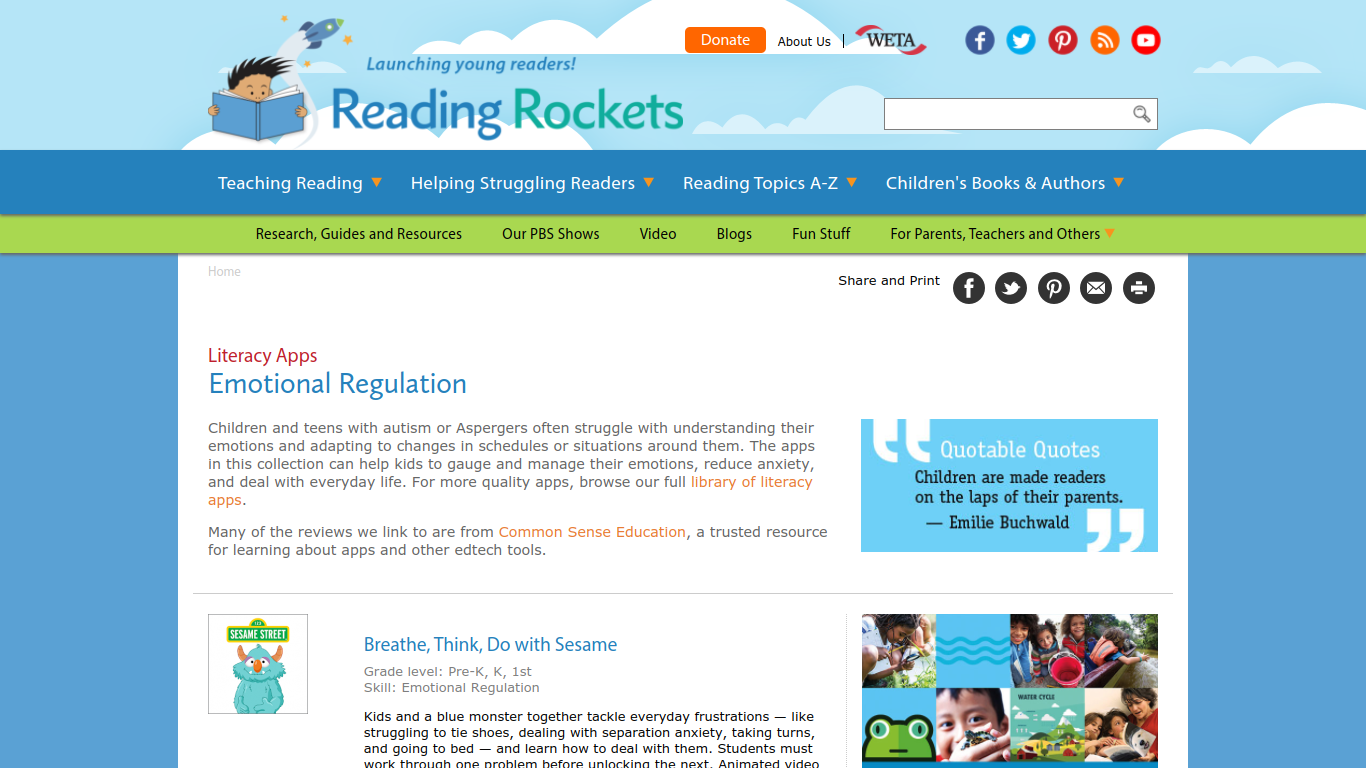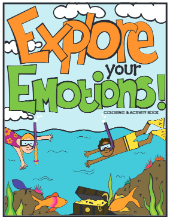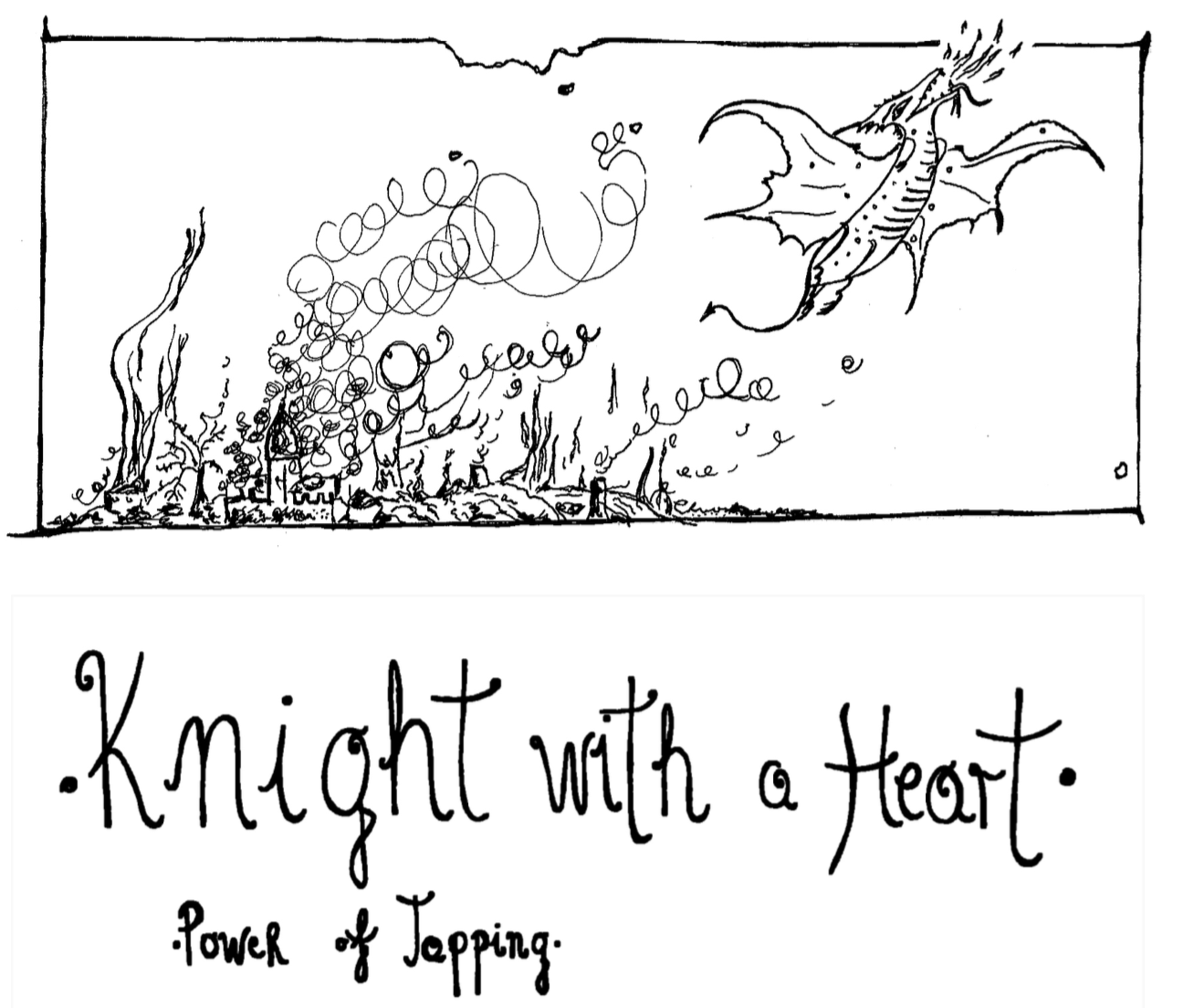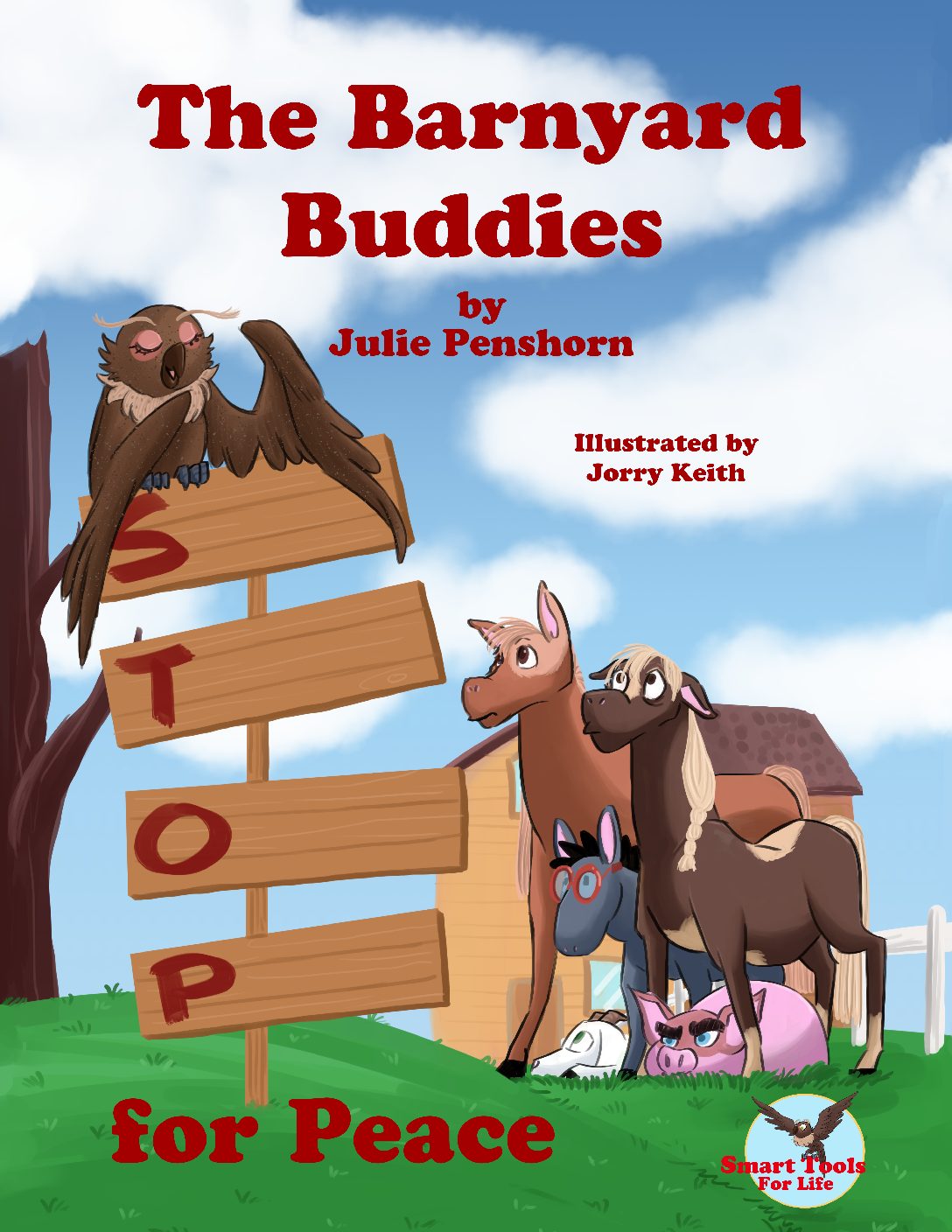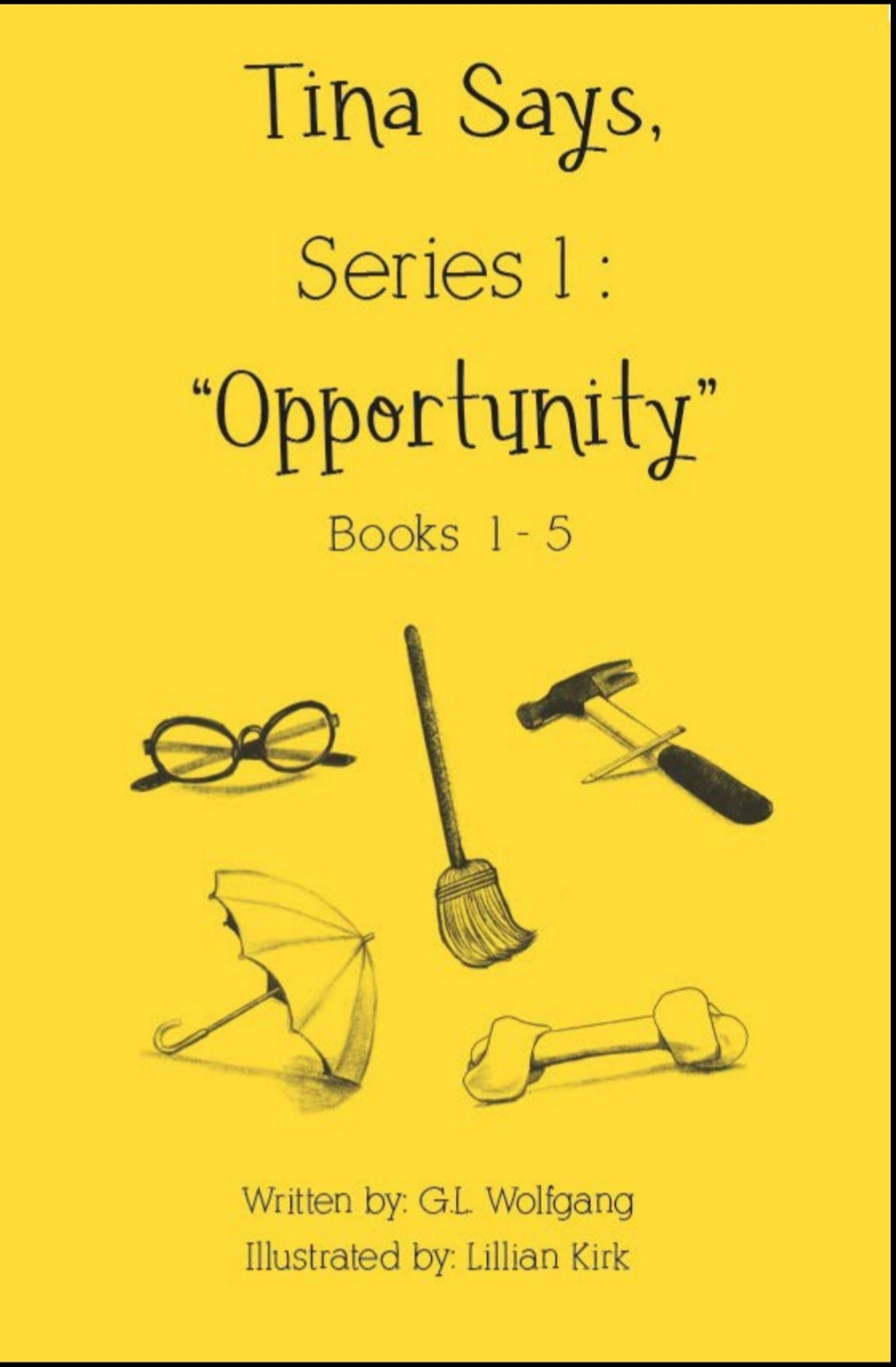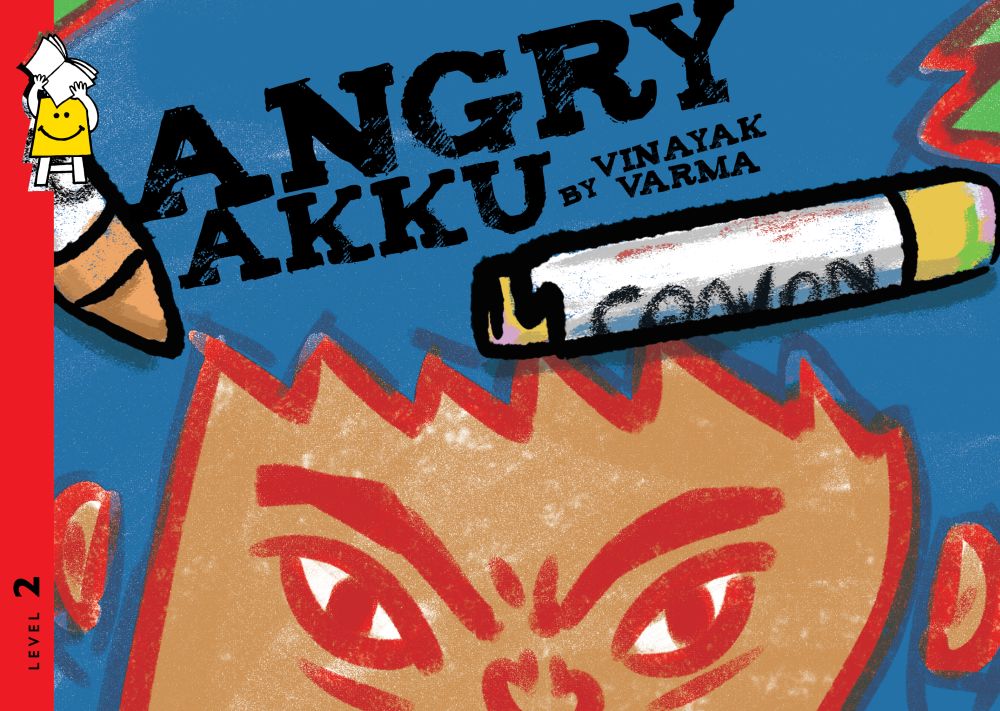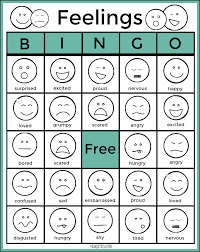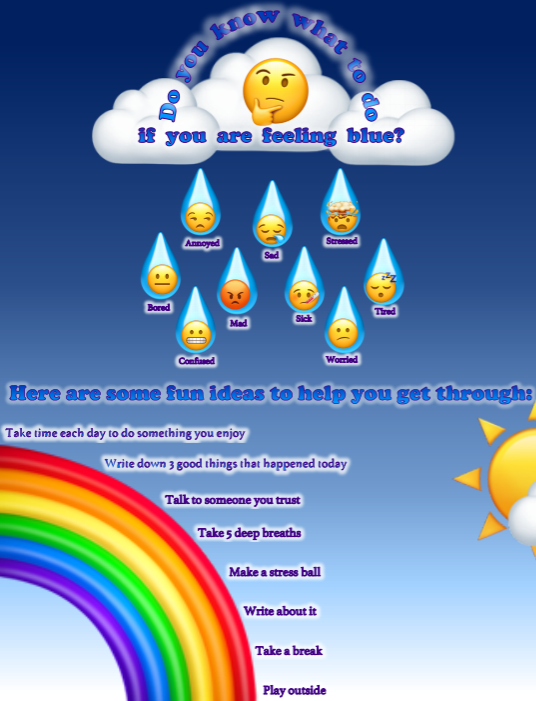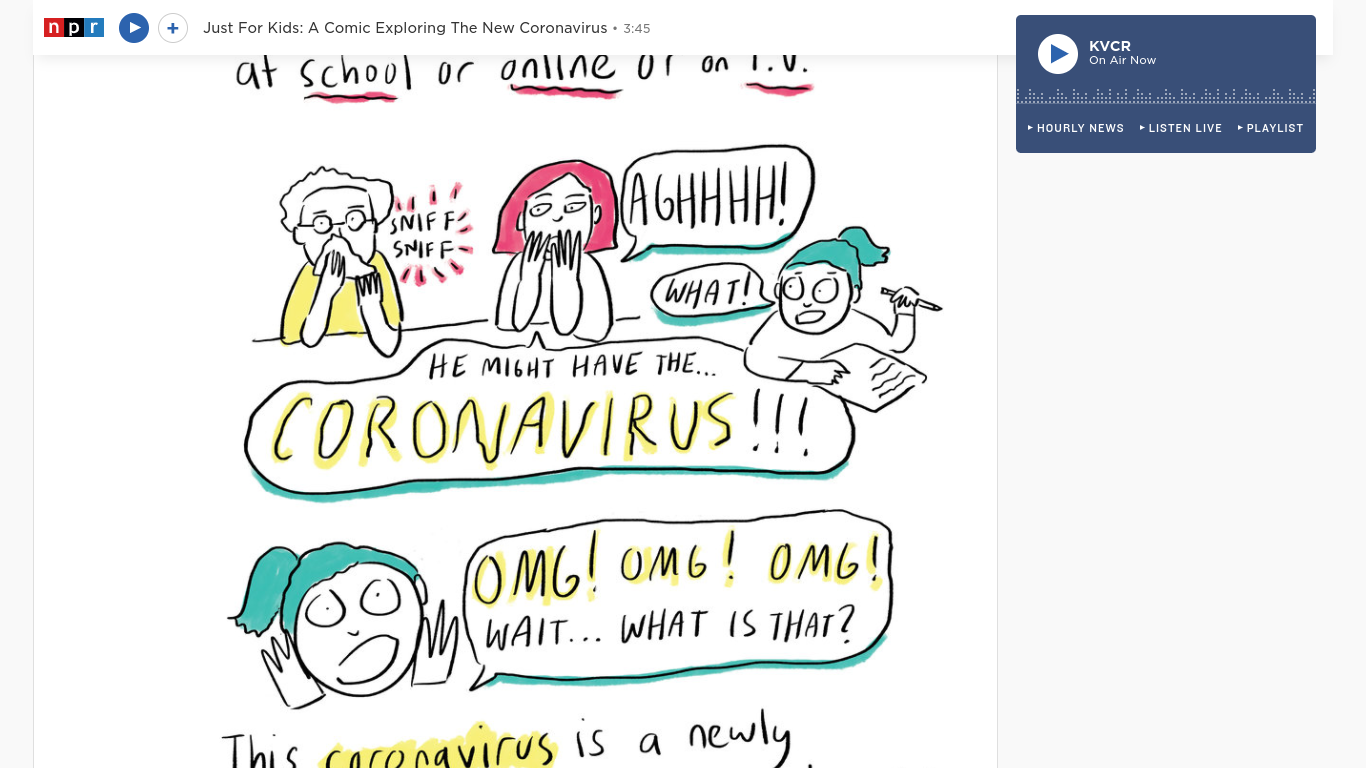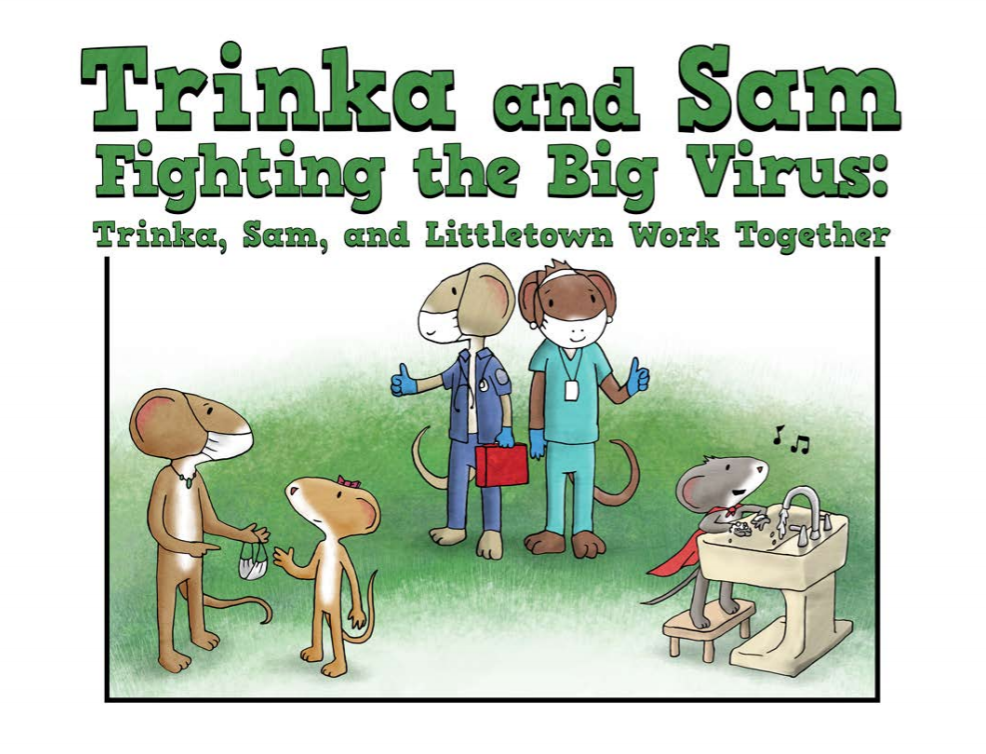LOWER ELEMENTARY SCHOOL
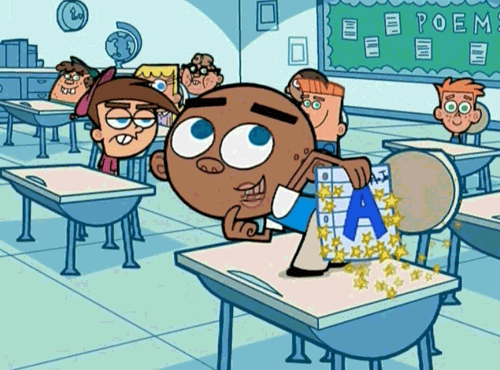

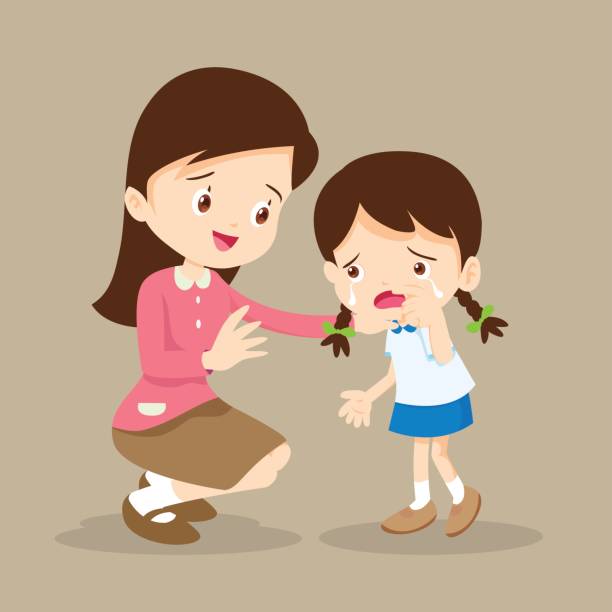
CHILDREN LIKE FEELING COMPETENT
As children transition from Kindergarten to 1st grade, school begins to play a larger role in their lives. They often experience an increase in responsibilities, are expected to sit in a classroom for longer periods of time, and are learning new skills, including reading and writing. Children at this age often seek to please or impress their teachers and parents with their new and developing skills. However, after an experience that makes children feel unsafe, scared, or stressed (such as the COVID-19 pandemic), young children may feel helpless, incompetent, and less motivated to engage in learning. Not to worry! This is a common reaction from young children. Parents and teachers can help children by praising children for their small accomplishments, teaching children about what things are in their control, and helping children work through their many emotions that may be affecting their behavior.
Children at this age also still tend to view their parents as super heroes: big, strong, and always there to protect them. They also tend to look to their parents first for guidance on how to act and react in new situations. This is why it's important that--after young children experience something that makes them feel unsafe, scared, or stressed--parents remain calm, comfort their children, and reassure their children that things will be okay. With time, plenty of love, and social and emotional support, young children can overcome difficult experiences and regain confidence in their abilities.☺
For more information on specific ways to support children as an adult in their lives, visit the Parents/Educators page.
HOW DO YOUNG ELEMENTARY SCHOOL KIDS THINK, FEEL, & BEHAVE IN RESPONSE TO POTENTIALLY STRESSFUL & TRAUMATIC EVENTS?
Knowledge is power! When parents, educators, and professionals understand how children think, feel, and behave, they are better able to support children's physical and mental health following a stressful or traumatic experience.
Below are some examples of how Lower Elementary Schoolers may think, feel, and behave.

THEIR THINKING
Common ways kids think in general and about the event:
they may not understand what just happened
they may not understand death
they may think the danger will return
they may think they did something wrong or it's their fault
they may not understand their own or other people's feelings
they may think about the event over and over in their heads
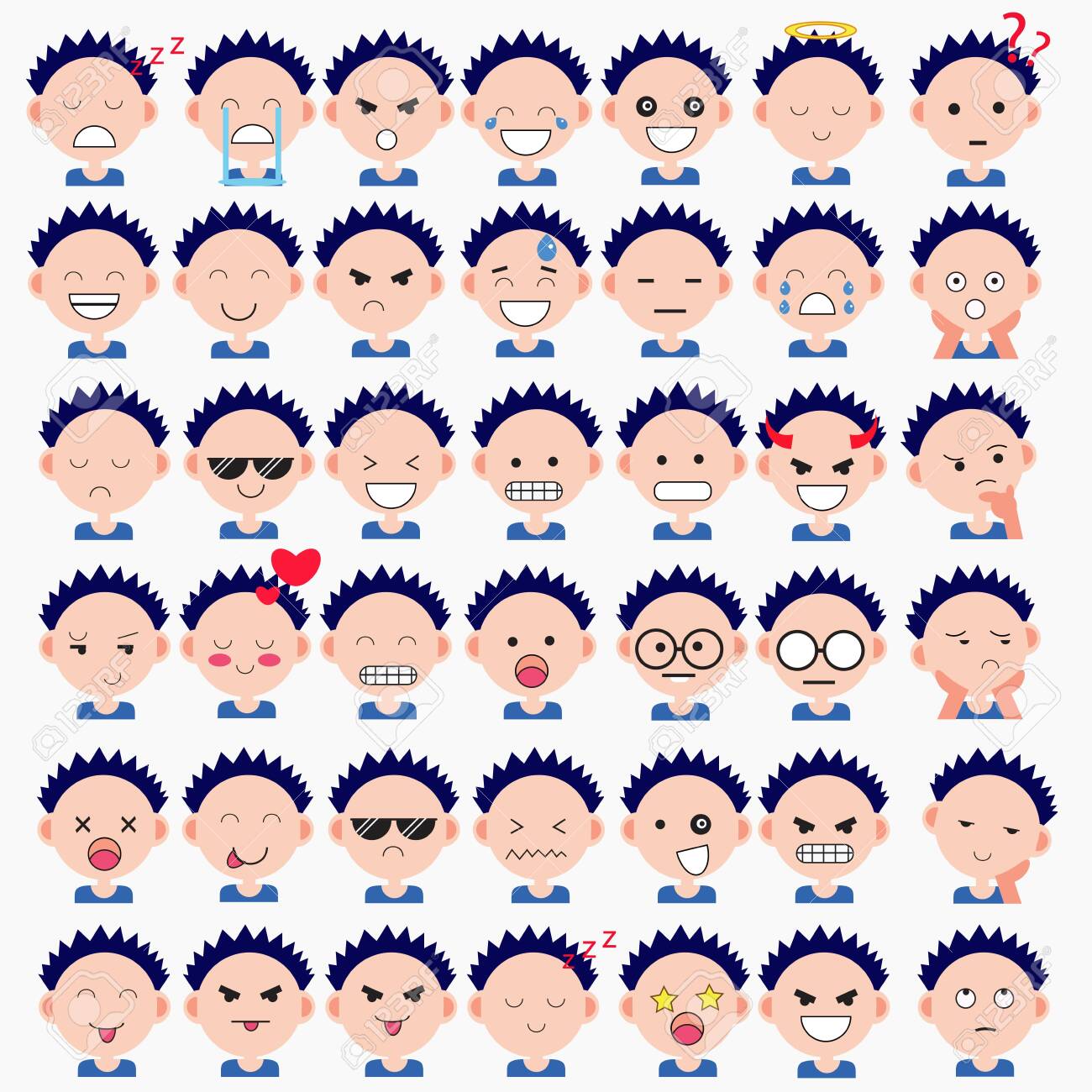
THEIR FEELINGS
Common ways kids feel during andafter the event:
they may feel helpless
they may feel confused
they may feel guilty or somehow responsible for the event
they may feel scared the danger will return
they may feel worried about the safety of their friends, family members, others, and themselves
they may feel overwhelmed
they may feel upset or angry that things or routines have changed

THEIR BEHAVIOR
Common ways kids behave in reaction to the event:
- they may stop talking or have difficulty talking
- they may have issues with sleep
- they may return to earlier behaviors
- they may lose interest in activities they used to enjoy
they may be restless or unusually aggressive
they may suffer from headaches, stomachaches, etc.
they may observe their parents or other adults' reactions to the event closely
they may retell the event over and over
However, all children are unique, so your child may think, feel, and behave differently from what is listed above. The most important thing to remember is to create a safe, loving, and supportive environment where children can process the stress and trauma they may have experienced and continue moving forward.
FUN WAYS FOR YOUNG KIDS TO EXPLORE THEIR FEELINGS!
One way to help young children understand and grow from the difficult experience they just went through is by teaching them about feelings. Help children in Lower Elementary School explore and better understand their feelings and others' feelings by clicking on the resources below!
Websites:
Videos:
Books:
Downloadable Files:
